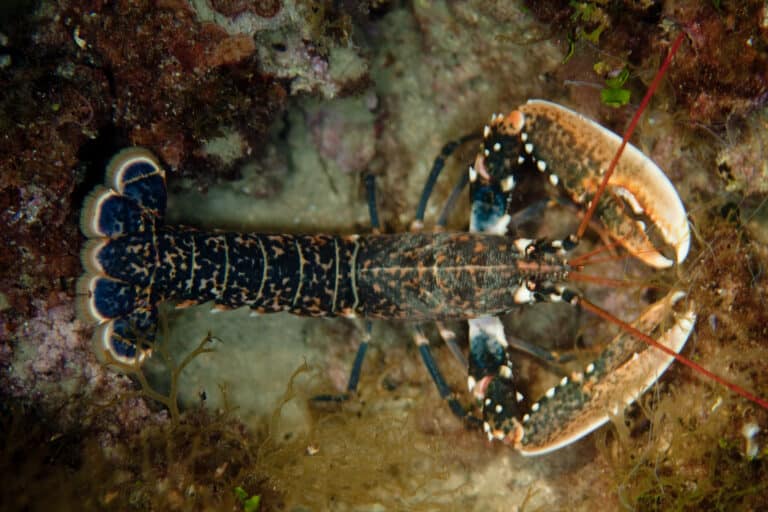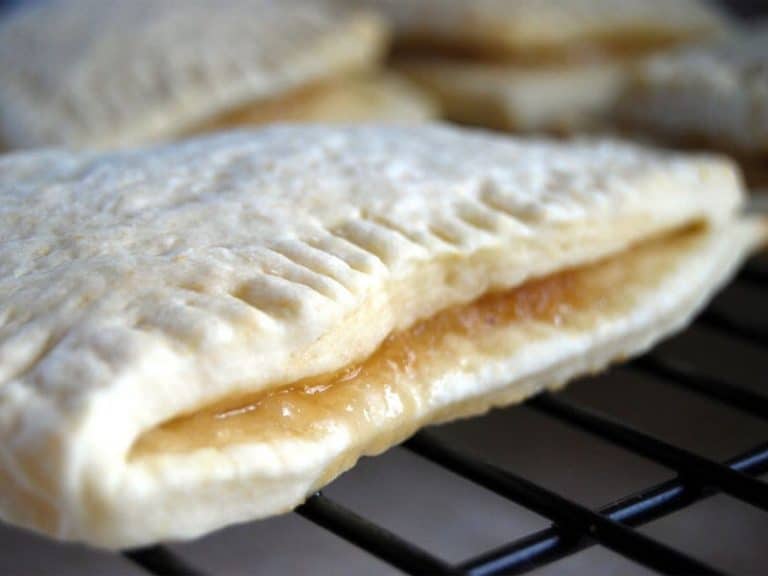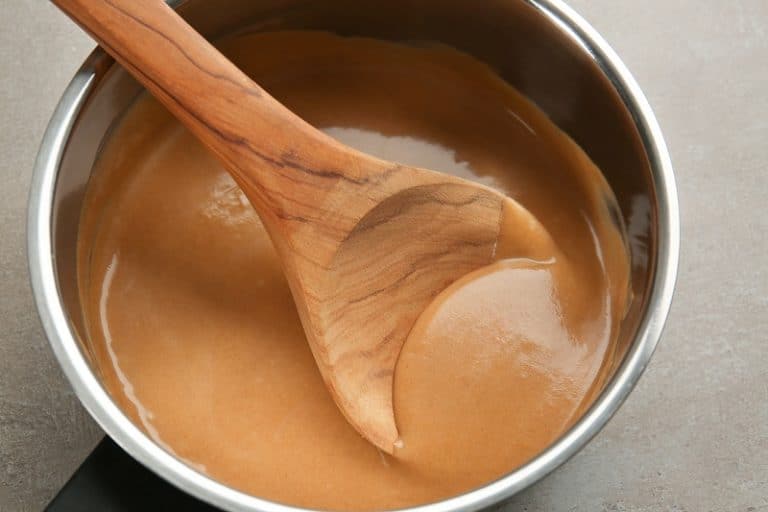How Long Does Coffee Last? Keep Your Coffee Fresh for Longer 2023
Welcome to our coffee klatsch. If you don’t know what that term means, a coffee klatsch is a social gathering of people who converse while drinking coffee. What better venue than this one to chat about coffee and learn how long coffee lasts?
Who doesn’t love the smell of coffee? It evokes positive feelings for many. Coffee helps many people get their day started.
As popular as coffee is, it is an acquired taste. Some people are happy with a bitter-tasting cup of coffee. Others prefer a milder flavor. Its desired flavor and strength will depend on the drinker’s preference.
Coffee comes in a few forms – whole beans, ground, and instant. We will discuss the shelf life of each form of coffee at room temperature, in the refrigerator and the freezer.
Discover the best ways to maximize your coffee’s freshness. Then, you will get the most enjoyment out of every cup of coffee.
After reading this article, you will be the coffee connoisseur at your next coffee klatsch.
Read the Article: Does Apple Cider Vinegar Go Bad?
What is Coffee?

Coffee, from the genus Coffea, is a member of the botanical family Rubiaceae. This is one of the largest families in the plant kingdom. A little trivia: coffee is a cousin of the gardenia.
There are 25 species of coffee plants worldwide. However, most of our coffee comes primarily from two coffee plants.
They are C. arabica (“arabica” beans) and C. robusta (“robusta” beans). Both beans have been around since the 15th century. C.arabica is found in Ethiopia’s Kaffa province, whereas C. robusta originates from central and western sub-Saharan Africa.
You cannot tell them apart by their appearance when these beans are roasted. Their taste and aroma, however, are distinct.
Robusta is more robust and harsher, with a peanut-like aftertaste. Arabica is sweeter and softer than its counterpart. It also contains less caffeine.
Coffee is not processed food that follows a rigid expiration period. Whole, ground, or instant is the coffee drinker’s preference based on convenience and flavor.
So here are a few general helpful tips to follow.
The Length of Coffee Freshness at a Glance
Here is an easy-to-read list of freshness time frames for coffee beans when sitting at room temperature and in the freezer. The freshness of refrigerated coffee in each category will be between the most extended room temperature and the shortest freezer period.
Sealed Coffee
- Ground coffee: 3-5 months at room temperature; 1-2 years in the freezer
- Whole bean coffee: 6-9 months at room temperature; 2-3 years in the freezer
- Instant coffee: 2-20 years at room temperature; indefinitely in the freezer
Unsealed Coffee
- Ground coffee: 3-5 months at room temperature; 3-5 months in the freezer
- Whole bean coffee: up to 6 months at room temperature; 2 years in the freezer
- Instant coffee: 2-20 years at room temperature; indefinitely in the freezer
Cold Brew Coffee vs. Hot Brew Coffee
The typical hot drip coffee is enjoyable only for sitting in the pot for a day. After that, you want to spill it into the drain and make a new pot.
Cold-brew coffee remains drinkable for up to two weeks if kept in the refrigerator. Adding water to a cold brew coffee reduces its drinkability by a few days shy of two weeks.
Caffeine Absorption
Coffee is a wake-up drink for many people to help them start their day. They rely on caffeine to energize them. So, how long can you rely on coffee to do its work in your body?
Caffeine is a psychoactive chemical. When you drink, the caffeine first enters the bloodstream through the epithelial tissue found in the mouth and throat.
The half-life of caffeine after it is absorbed in the body runs between 4 and 6 hours. After the caffeine enters the bloodstream, the liver metabolizes and breaks down the caffeine into beneficial alkaloids.
Approximately 99 percent of the caffeine will be absorbed in the body within 45 minutes after consumption. Due to its half-life, it takes between 25 and 30 hours for caffeine to be expelled from the body completely.
The stimulant effects of caffeine only last approximately four to five hours.
How To Know When Coffee Is Bad
An expiration date is the least reliable way to know if your coffee has gone wrong. Appearance is not an ideal indicator either. Your senses are the best tool to test whether your coffee is still drinkable.
The most robust sense will be the smell. You know that wonderful smell of coffee. It is vital, pleasant, and sweet. An expired batch will be missing the unmistakable aroma or taste. So discard it immediately.
Extend Coffee Shelf Life
Whole beans stay fresh far longer than ground beans. Grounding up the beans gives more surface area. The more surface area means more food is exposed to the air, the quicker it is prone to spoilage. Grinding enough beans that you need for the day’s pot of coffee is recommended.
Proper storage will impact how fresh your coffee remains. A sealed mason jar is ideal for storing coffee after you open the original package.
Freezing the coffee will preserve its longevity and maximum freshness. Don’t worry about defrosting; coffee freezes below the water’s freezing point. Your coffee is immediately available to prepare when you take it out of the freezer.
Can I Safely Drink Expired Coffee?
It is generally recommended to discard many foods past their expiration date. The most common reason is to avoid getting sick from consuming these foods.
Drinking coffee from whole beans or grounds past their expiration date is not typically a risk to your health. You may be dissatisfied with the weaker taste and aroma of older coffee.
Hot-brewed coffee is best to drink when hot. Its taste deteriorates after it gets cold and sits for hours. Reheating cold coffee after a few hours is not recommended. Keep your coffee in an insulated travel mug, and you extend the time to enjoy your hot coffee.
These helpful tips will ensure you enjoy a hot cup of coffee anytime. Tell your friends at your next coffee klatsch.
Check this out: How Much Juice is in One Lime?






